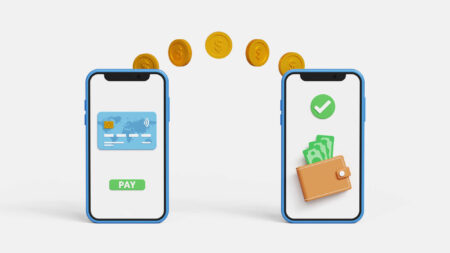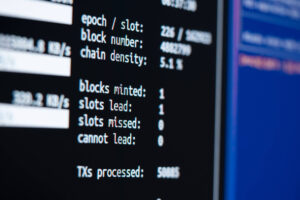Fungibility describes goods that are quantifiable (e.g. by measure, number or weight), making them interchangeable within a given group. In the context of cryptocurrencies, it is the property of assets that can be easily exchanged for another unit of the same asset. Every bitcoin is identical and has the same value.
Fungibility allows for easier trading and exchange processes because it implies equal value between commodities or goods. Money is a prime example of a fungible asset. A $1 bill can easily be exchanged for four quarters. Dollar bills are not identical, they have different serial numbers or ages. But in terms of valuation and utility, there's no reason not to accept one for another. They are therefore effectively equivalent and interchangeable with other dollar bills and their composite parts (nickels, dimes, pennies, etc.).
The role of fungibility in finance and economics
Fungibility is very important in finance and economics. When assets are fungible, they provide greater liquidity and flexibility. Fungible goods such as oil, money, gold or grain can be traded and exchanged on the commodities market. Even shares are fungible; one share of an asset, say an Apple share, is the same as any other Apple share of the same value. This helps investors to understand the stock market and shares in terms of their value and characteristics.
Fungibility facilitates the transaction process, enables the exchange of financial assets and provides liquidity to investments. Fungibility is essential for the functioning of global markets and trade. It is necessary for large-scale trade and finance. On the other hand, non-fungibility makes an asset unique. A prime example of this is the use of NFTs in crypto. NFTs are non-fungible, meaning they are not interchangeable with each other. Not every NFT from the same collection has the same value or properties.
Fungibility in the crypto space
By design, cryptocurrencies such as bitcoin are fungible. Each unit is exchangeable for another unit of the same value. If you own one bitcoin, you can easily exchange it for another bitcoin because each bitcoin has the same characteristics. This allows cryptocurrencies to be used like cash for buying and selling. In short, fungibility is essential for any currency, digital or fiat. For cryptocurrencies, fungibility allows them to function as decentralised digital money.
In addition, fungibility in crypto has privacy implications, depending on which cryptocurrency is being used. For example, transactions on the bitcoin network are transparent and publicly available. Other cryptocurrencies, such as Monero, have built-in privacy features that make transactions anonymous and untraceable. There is no way to track coins in circulation or link transactions to users or wallets.









